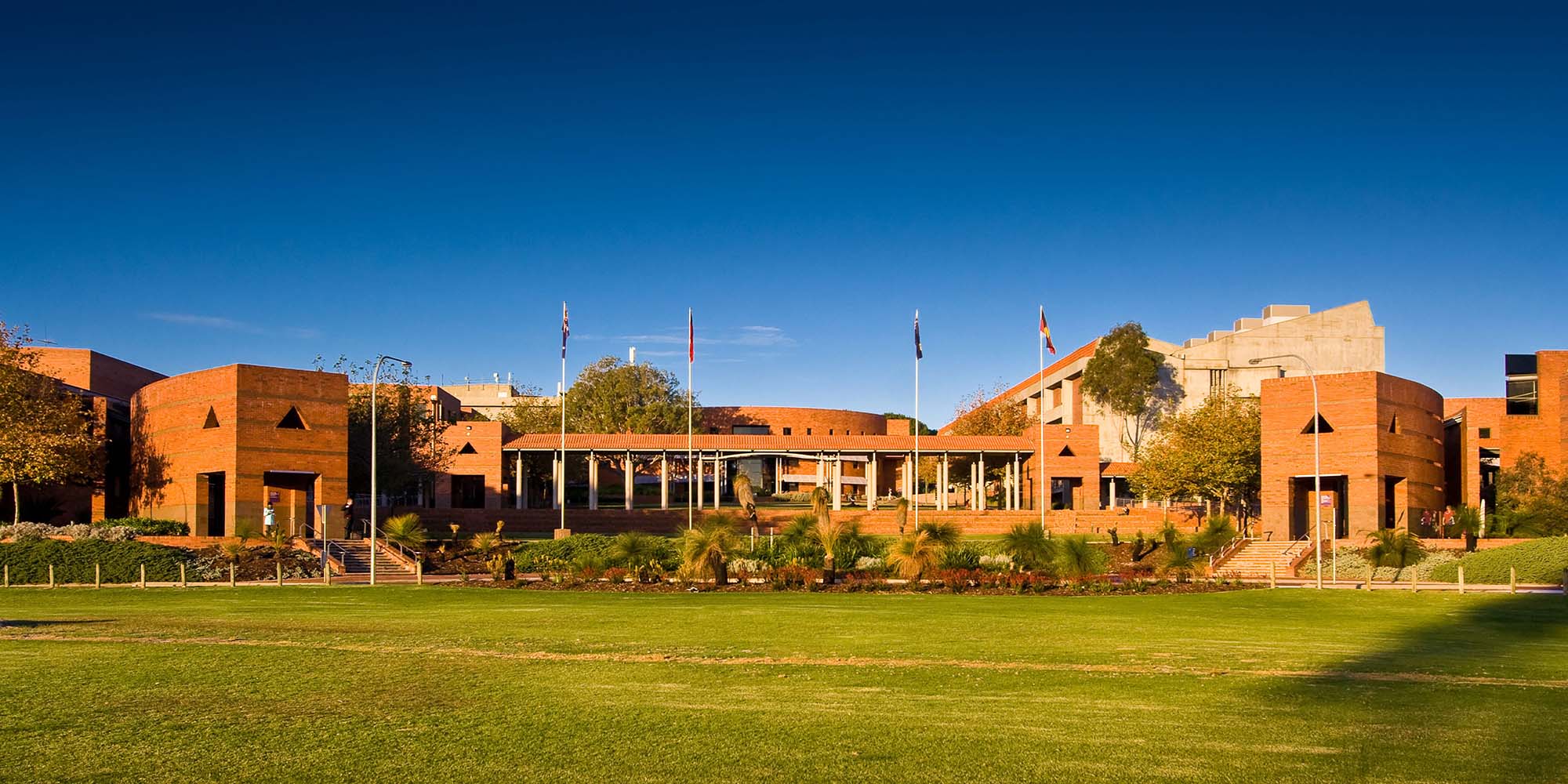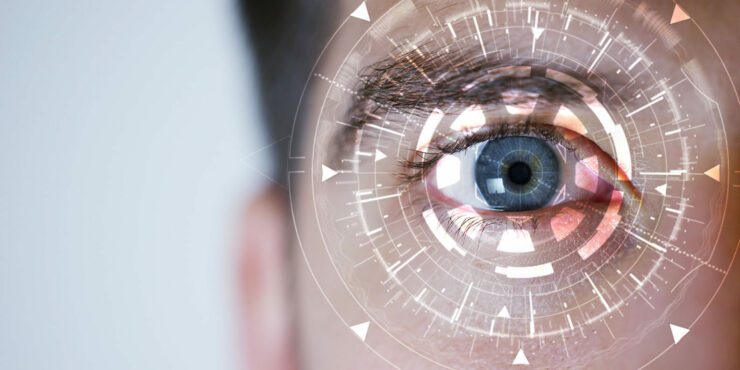Partner with a global research leader
Through collaboration, we’re uncovering new knowledge, translating that knowledge into real-world applications and feeding a commercialisation pipeline that enables our discoveries to achieve maximum impact.
>1,000
More than 1,000 new industry engagements since 2016
>$200 million
Our start-ups have generated more than $200 million in revenue.
95%
95% of our research is rated world standard or above (Excellence in Research Australia)
Ways of working with us
We can assist you in myriad ways, from product testing and benchmarking, to translating new ideas and creating marketable products. You’ll have expertise at your fingertips, and access to multi-disciplinary networks and specialised facilities. There are also opportunities for investment, licensing, mentoring and employment.
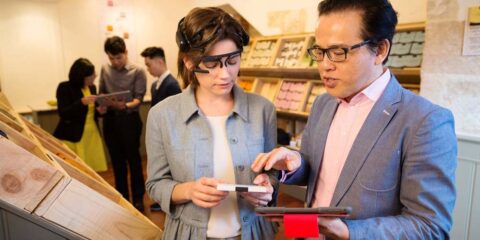
Solve an industry problem
Gain access to a broad range of expertise, specialised facilities and multidisciplinary research networks, helping you tackle problems facing your industry or area of research.

Commercialise your idea
If you’re a Curtin researcher with a groundbreaking idea or project, our commercialisation team is your gateway to developing it into a marketable technology, product or service.

Invest with us
We’re looking for investment, collaboration and licensing partners in scalable projects across a range of disciplines.

Apply for a job vacancy
Join a vibrant, future-focused academic community that’s committed to research impact.

Work with our students
Working with postgraduate students links you directly to your future innovation workforce.

Student opportunities
The Curtin Careers, Employment and Leadership team help connect students with paid casual and part-time work, including research project assistance.
Our key partnerships
We’ve formed strong alliances with industry, government and academic partners nationally and internationally. These are just a few.

A long-standing alliance combining teaching and research excellence, with global mining and resources expertise.

A co-supported initiative focusing on reducing the economic impact of crop disease on the Australian grains industry.

An innovation alliance leveraging research excellence and market-leading technology and infrastructure capabilities.

A partnership focusing on economic modelling and forecasting, policy, trade and industrial economics, and spatial sciences.

A Hub promoting research collaboration and enabling data literacy across the community, industry, academia and government.
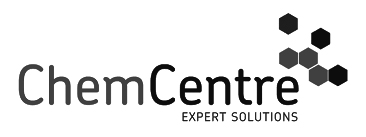
An alliance encouraging research collaboration in agriculture, forensic science, engineering and environmental science.

An industry and research collaboration to nurture innovation and growth by solving business challenges.
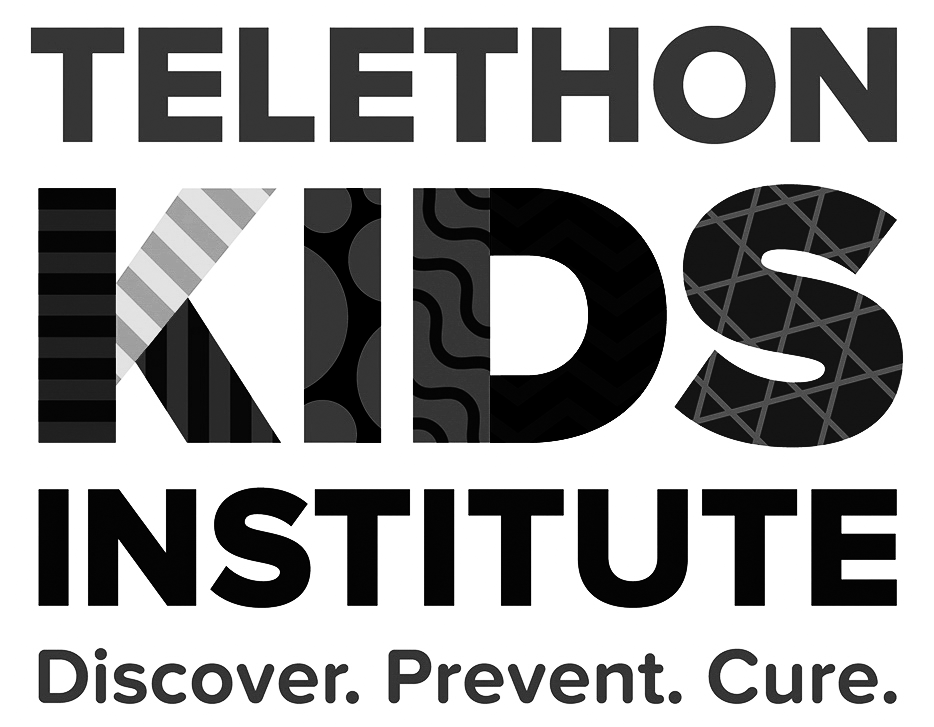
A partnership to enhance health and medical research among children, adolescents, families and the wider community.
Explore our research areas
- Aboriginal and Torres Strait Islander knowledge
- Agriculture and environment
- Business, society and community
- Chemical science
- Biomedical and clinical science
- Defence
- Digital transformation
- Energy transition
- Health data to knowledge
- Healthy communities
- Resources, mining and minerals
- Space
- Structural engineering and monitoring
- Sustainable development
